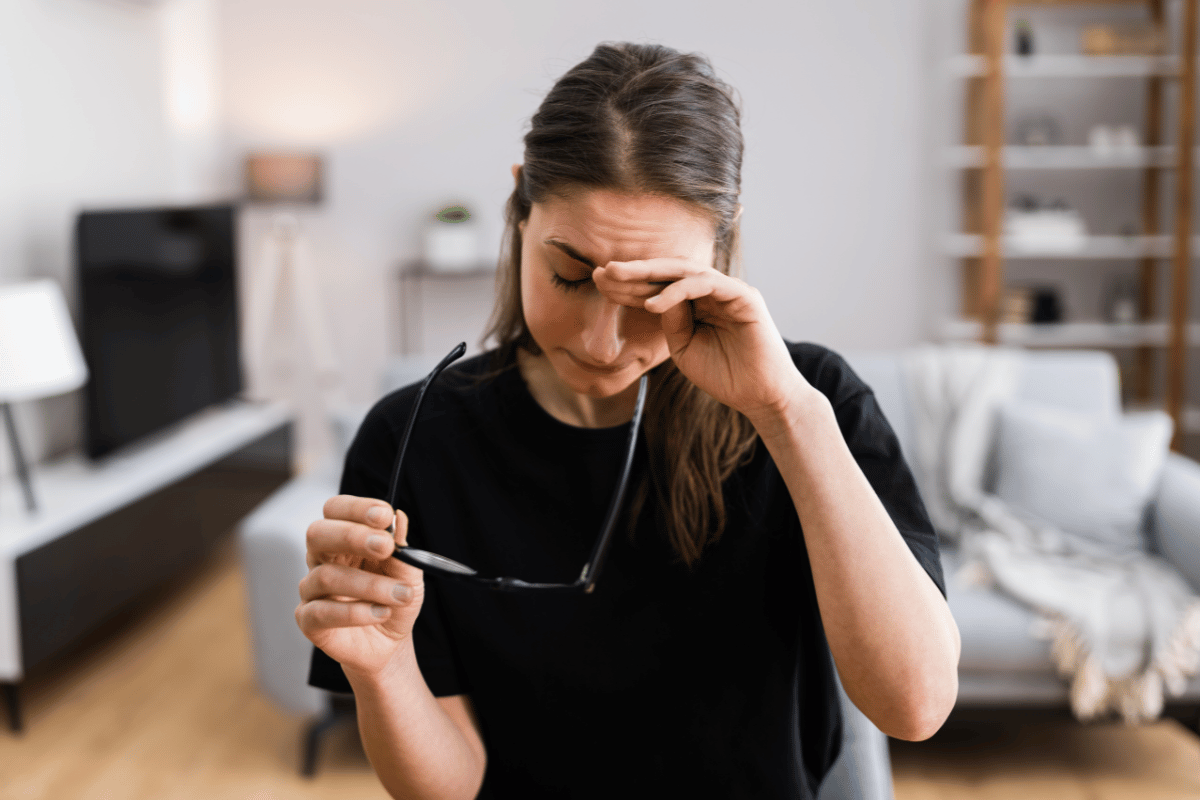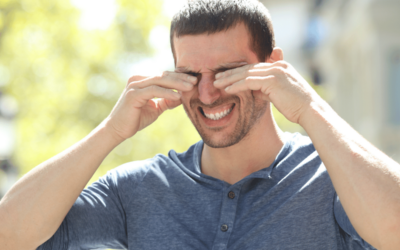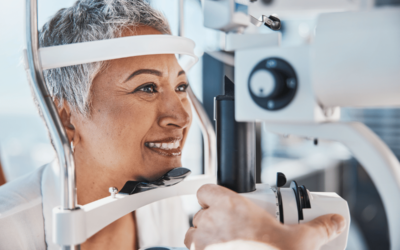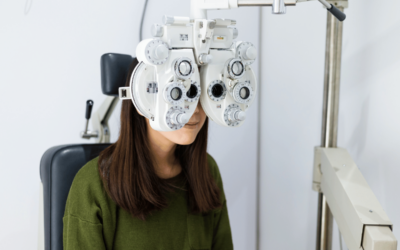Most of us have experienced dryness, irritation, and redness in our eyes at some point. If you’re currently dealing with this issue, you may be wondering if it’s due to dry eye or allergies. Both conditions can cause similar symptoms, but there are key differences that can help you determine which one you might be dealing with and what treatment you need.
1. Intensity of itching
One of the main differences between dry eye and allergies is the severity of itching. While both conditions can cause itching, it is often more severe with allergies. If your eyes are feeling extremely itchy and irritated, especially during certain times of the year when allergens like pollen are prevalent, it is more likely that you are dealing with allergies rather than dry eye. Additionally, allergies typically come with other symptoms such as sneezing, congestion, and a runny nose.
2. Time of year
Another way to differentiate between dry eye and allergies is by considering the seasonality of your symptoms. Allergies are often more seasonal, meaning they tend to flare up during certain times of the year when specific allergens are present. For example, if you notice your symptoms are worse in the spring or fall when pollen counts are high, allergies may be to blame. On the other hand, if your symptoms persist throughout the year regardless of the season, dry eye may be more likely.
3. Environmental factors
It’s also important to consider any potential triggers that may be causing your discomfort. For example, staring at screens for long periods or spending time in dry or windy environments can worsen dry eye symptoms. If certain environmental factors make your eyes feel drier and more irritated, it could be a sign that you have dry eye rather than allergies. Keeping track of when and where your symptoms occur can help you pinpoint potential triggers and better understand the underlying cause of your discomfort.
When to see an eye doctor
If you’re still unsure whether you have dry eye or allergies based on these factors, it’s best to see an eye doctor for a proper diagnosis. An optometrist can perform tests to determine the underlying cause of your symptoms and recommend a treatment plan best suited to your needs. For dry eye, treatments may include over-the-counter eye drops, light therapy, prescription medications, or lifestyle changes such as using a humidifier or taking frequent breaks from screens. If you suffer from allergies, you may benefit from antihistamine eye drops, decongestants, or allergy shots.
By understanding the differences between these two conditions and seeking professional guidance from an eye doctor, you can relieve discomfort and improve your overall eye health. If you need specialized care for either condition, Progressive Family Eye Care is here to help. Our team specializes in treating dry eye and offers a range of treatment options like OptiLight IPL therapy to improve tear quality and reduce discomfort. We also offer BlephEx® treatment to remove bacteria and toxins from the eyelids and eyelashes and iLux²® for meibomian gland dysfunction. Give us a call today to schedule an appointment with our dry eye specialist in Plymouth, Michigan.





